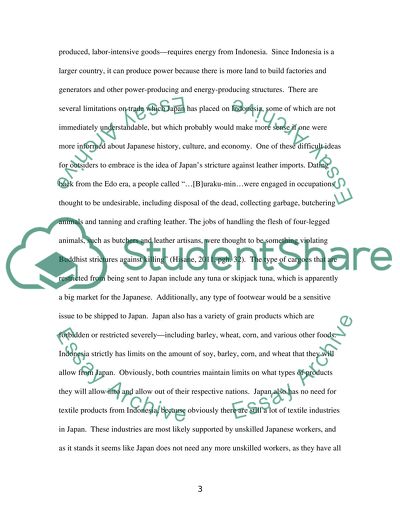Cite this document
(“Maritime Industry Assignment Example | Topics and Well Written Essays - 2000 words”, n.d.)
Retrieved from https://studentshare.org/family-consumer-science/1408379-maritime-industry
Retrieved from https://studentshare.org/family-consumer-science/1408379-maritime-industry
(Maritime Industry Assignment Example | Topics and Well Written Essays - 2000 Words)
https://studentshare.org/family-consumer-science/1408379-maritime-industry.
https://studentshare.org/family-consumer-science/1408379-maritime-industry.
“Maritime Industry Assignment Example | Topics and Well Written Essays - 2000 Words”, n.d. https://studentshare.org/family-consumer-science/1408379-maritime-industry.


